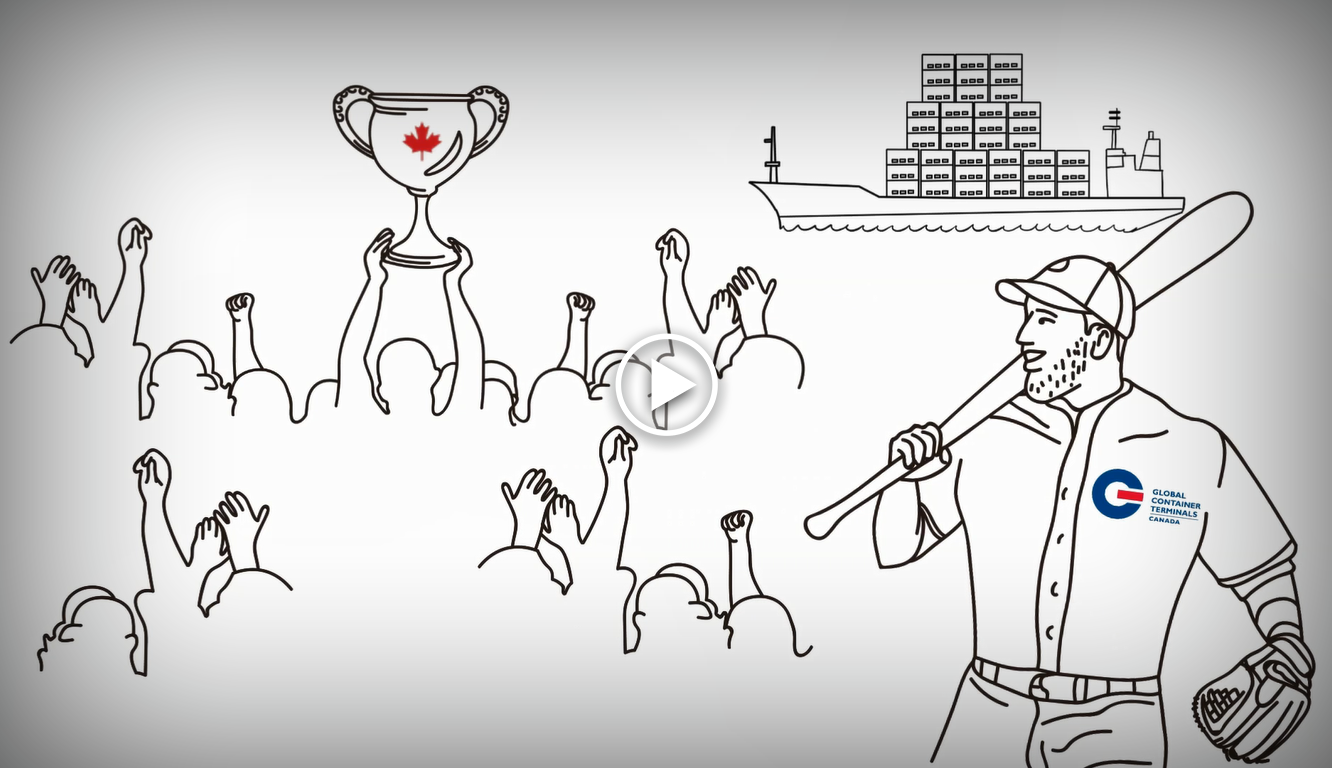Canada’s international ports are highly regulated spaces and, in this country, they are only partially accountable monopolies. The Port of Vancouver is one example.
Legal monopolies must be accountable to those they affect. Without market forces to apply pressure or firm regulations to ensure performance, there is significant danger that they will not be as effective as they should be.
Our nation has staked out new economic goals for food and agriculture. A multi-billion rise in production and global sales is needed to meet that expansion. Farmers, processors and exporters are responding to the federal government’s call and are working with its incentives and programs to help achieve it.
Success will require seaports that support those goals. But ironically, the Port of Vancouver has a structure built to create capacity that now limits it instead.
Its monopoly was designed to ensure the port would not be exploited and to encourage import and export development. When it comes to grains and oilseeds, western Canadian exporters have few choices but to use that port. Access to Pacific Rim markets relies upon it, as do all those trading in Canada’s most recent deal, the Comprehensive and Progressive Agreement for Trans-Pacific Partnership.
Prince Rupert is the only other reasonable port alternative but thanks to Hunter Harrison’s fixation on ever-lower operating ratios for Canadian National Railway, the federally financed double track that fed that port was pulled out. It lowered CN’s assets on the books, gave the appearance of efficiency and the reality of higher stock prices, happier investors and bigger executive bonuses.
Now, without rail infrastructure to Prince Rupert, more bulk port facility development there is unlikely.
The Port of Vancouver has been raising rates for export operators through higher and more restrictive lease renewals, rent increases, special fees and what appear to be conflicted priorities that relate to municipal infringements on the national port.
Farmers know well the adage of “no more land being made.” Vancouver’s ability to expand its port space is severely limited and none can be sacrificed for residential or other considerations. The space for export facilities cannot withstand any further compromises because it is a national resource.
Terminal operators and export and import facilities are captive to this location. They were and remain the building blocks that have helped Vancouver maintain its prosperity.
Nearly 30 terminal operators are resident at the port today. About 100 million tonnes of bulk products go off those docks every year.
In 2019, 23.5 million tonnes of grains and oilseeds were bulk-shipped and additionally constituted 28 percent of all outbound container traffic. Coal made up 37 million tonnes of exports at the port, potash 9.3 million, forest products 5.8, petroleum 5.5, minerals and metals 10, and the balance in sulphur, chemicals and fats and oils. In all, that’s 144.2 million tonnes shipped through those 30 operations. Ten major sectors of the western Canadian economy are based on it.
The port’s board is made up of 11 seats, with seven allocated to port users. Of those seven federal appointees, only four come from the 10 major economic sectors and none are from agriculture and food.
The ongoing federal government port modernization review must remedy that lack. Better board representation must be put in place to better serve the interests of Western Canada and its major industries, including agriculture.
This article originally titled Prairies need better voice on Vancouver port board was originally published on Producer.com on February 25, 2021.
